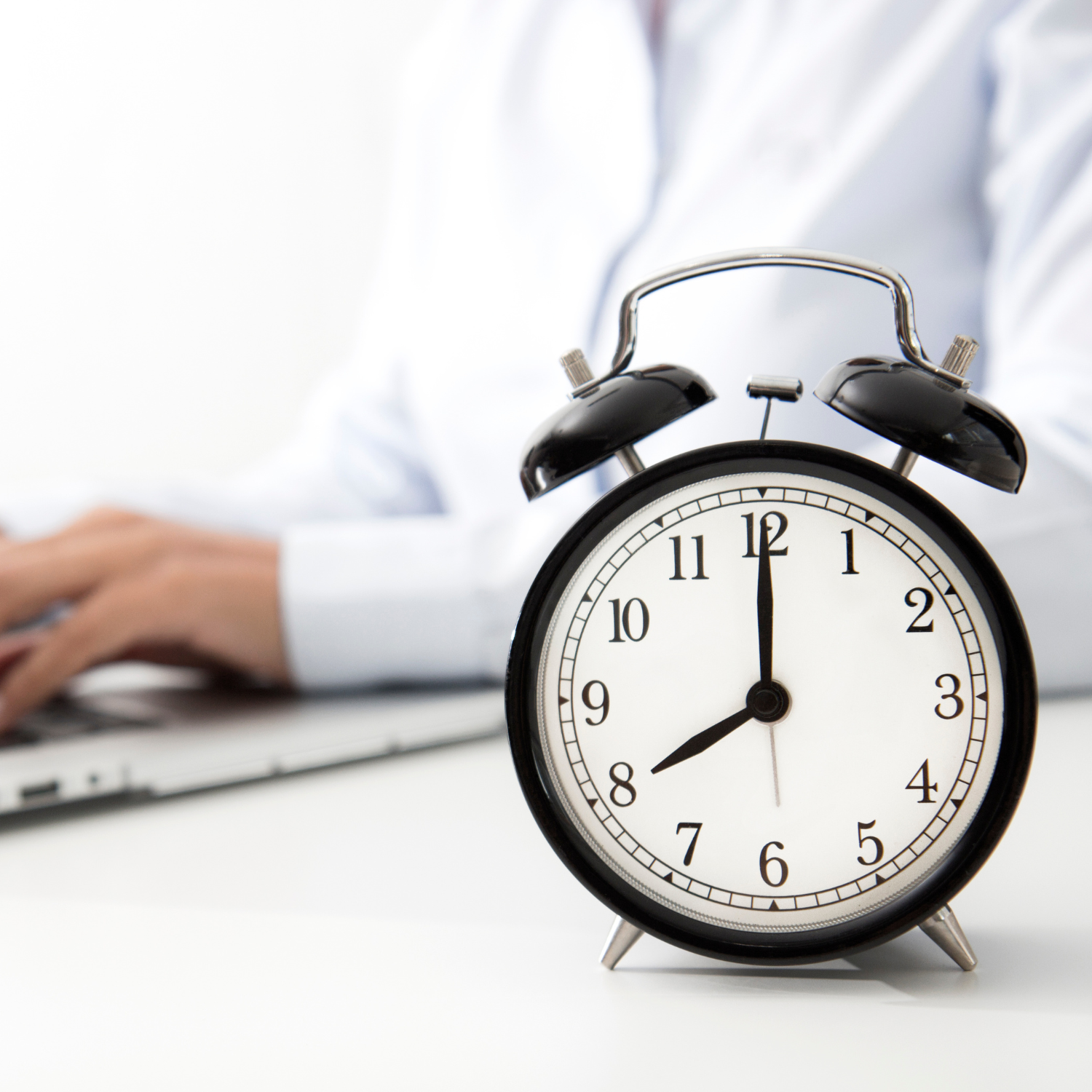
Staff returning to work after COVID-19? Things to consider
Key Points:
- Understand your health & safety responsibilities
- Conduct a Risk Assessment (free sample Risk Register template)
- Engage staff in the return to work (RTW) process
It seems that Australia might just be returning to normal (or a new normal) and returning to work after Covid-19 sooner than expected.
There’s been a lot of discussion from state and territory health officials about when employees will be expected to return to work places, how employers should approach it, and what employees are thinking – do they want to, might they refuse, will the culture or office environment be as it was before?
For most, it’s a real mix of thoughts and feeling about returning to work after Covid-19. Some people are busting to get back to the office and a sense of normality, some really aren’t looking forward to daily commute, and a few have the worry of the risk of contracting coronavirus (albeit very low risk) in the back of their minds.
We’ve been getting a lot of question in relation to RTW, which we have outlined at the bottom of this blog. We would also like to point out the major considerations for Employers at this time:
1. Your health & safety obligations when returning to work after covid-19
Before asking people to return to work after covid-19 we recommend that you conduct at Risk Assessment for your organisation and outline the Control Measures. Here is an example
You should consider controls such as :
- Social distancing; are your workstations suitably distanced?
- Cleaning; regularly disinfect surfaces, door handles, elevator buttons, keyboards etc
- Hand sanitiser; either have stations or sanitiser clearly available at multiple points throughout the workplace.
- Staggered start and finish times; to stop staff using public transport in peak periods, to ensure you staff aren’t having to wait in long queues to use elevators whilst practicing social distancing
- Plan for an occurrence of confirmed /suspected coronavirus infection of a staff member. What will you do? Who will be responsible for managing it?
Familiarise yourself with the governments 3-Step Framework for a Covidsafe Australia
- Maintain 1.5M distancing and good hygiene
- Stay home if unwell
- Frequently clean and disinfect communal areas
- Allow employees to work from home if it suits both parties (employee / employer)
- Develop a COVID Safe Plan
- Have employees avoid public transport in peak hour
- Don’t gather at work for meetings etc in groups of more than 20 (for the time being, it will move to 100 at Stage 3 of the plan)
We have included a link to the full government Covidsafe download FREE COVID-SAFE 3 STEP FRAMEWORK Road map
Some companies are considering (or have already) put in place temperature checking for staff when they return to work after covid-19. Before doing so consider your approach to this to ensure the testing is non-invasive and you practice the required social distancing or implement staggered start times to prevent people gathering in close proximity upon entering the workplace.
Also consider the needs of any vulnerable employees ie age, those with compromised immune systems or existing health conditions, and whether or not it might be best for them to continue WFH for the timebeing.
2. Consult with your staff
Don’t forget you’re obliged to follow a proper consultation with your employees in relation to any major workplace change. So rather than flying solo on any decisions such as returning to work, discuss things with your employees and seek their feedback and input before making a final decision about what your RTW scenario looks like.
Communicate with them about their individual situations, has their access to childcare been affected? Are they worried about their health?
Ensure you put any decisions in writing to employees whether by email or otherwise, to ensure that your expectations and control measures are clear.
Frequently Asked Questions
Can I instruct an employee to return to work?
Yes, in most cases this is considered a reasonable work instruction. Unless of course there is an extenuating circumstance relating to a specific employee or your business ie you can’t ensure workers health and safety by observing recommended safety measures, an employee has caring responsibilities at home, they are a high risk health concern.
You also need to take into account whether the employee needs to attend the workplace in order to perform their duties. If the workplace has the appropriate measures in place and the employee can commute to the workplace safely, it largely becomes a matter of employer discretion as to whether the employee can continue to work from home.
Relevant matters to consider include the employee’s level of productivity at home versus in the workplace, whether the employee needs to be in the office for supervision (either to provide supervision or be supervised themselves) and the need for the employee to interact with co-workers and others face-to-face.
Ultimately, if the employer wants the employee back in the workplace, then they can direct the employee to return. Any refusal by the employee to follow a reasonable direction, could have disciplinary consequences.
Can an employee refuse to return to work?
No, not usually unless it is for a reasonable reason such as they are immune compromised or have a health issue where working from the workplace could cause risk to their health for example.
What are most businesses doing?
We’re hearing that a lot of businesses are taking an ‘easy does it’ or slow return to work process. This might be bringing people back to the office part-time, some working from home for some days, and in the office other days, rather than full time straight away. They are also staggering start and finish times.
Some are even considering ongoing work from home (part time or otherwise) arrangements, to reduce costs in terms of the office space they require, cleaning, incidentals etc and keep their staff happy without the long commutes, dress code and flexibility to work around other commitments. When you are considering returning to work after covid-19 its important to take into account both the business needs and the welfare of employees.
Here are some more FAQ’s that may be helpful
DOWNLOAD A FREE RISK REGISTER TEMPLATE
If you’re unsure of what to do please don’t hesitate to reach out. EMAIL US
PeopleStart HR provide Outsourced HR, Employee Relations and HR Advice and support. We offer a comprehensive range of tailored services to small and medium-sized businesses throughout Australia, including Melbourne, Sydney, Brisbane and Adelaide. We work on behalf of clients across all sectors including Engineering, Mining and Resources, non-profit and private companies and SME’s.
Our services include:
– HR Advice & support – Employment Law, Termination Advice
– Employment Contract Review & Creation- Development of HR Policies
– Position Descriptions
– Improving company culture, staff morale
– Building High Performance Teams
– Performance Management
– Workplace training and workshops
If you have any current HR issues or queries or would like to discuss how we can assist you please don’t hesitate to get in touch to talk to one of our friendly, qualified staff Call us on 1300 134 110 or email us at hello@peoplestart.com.au



